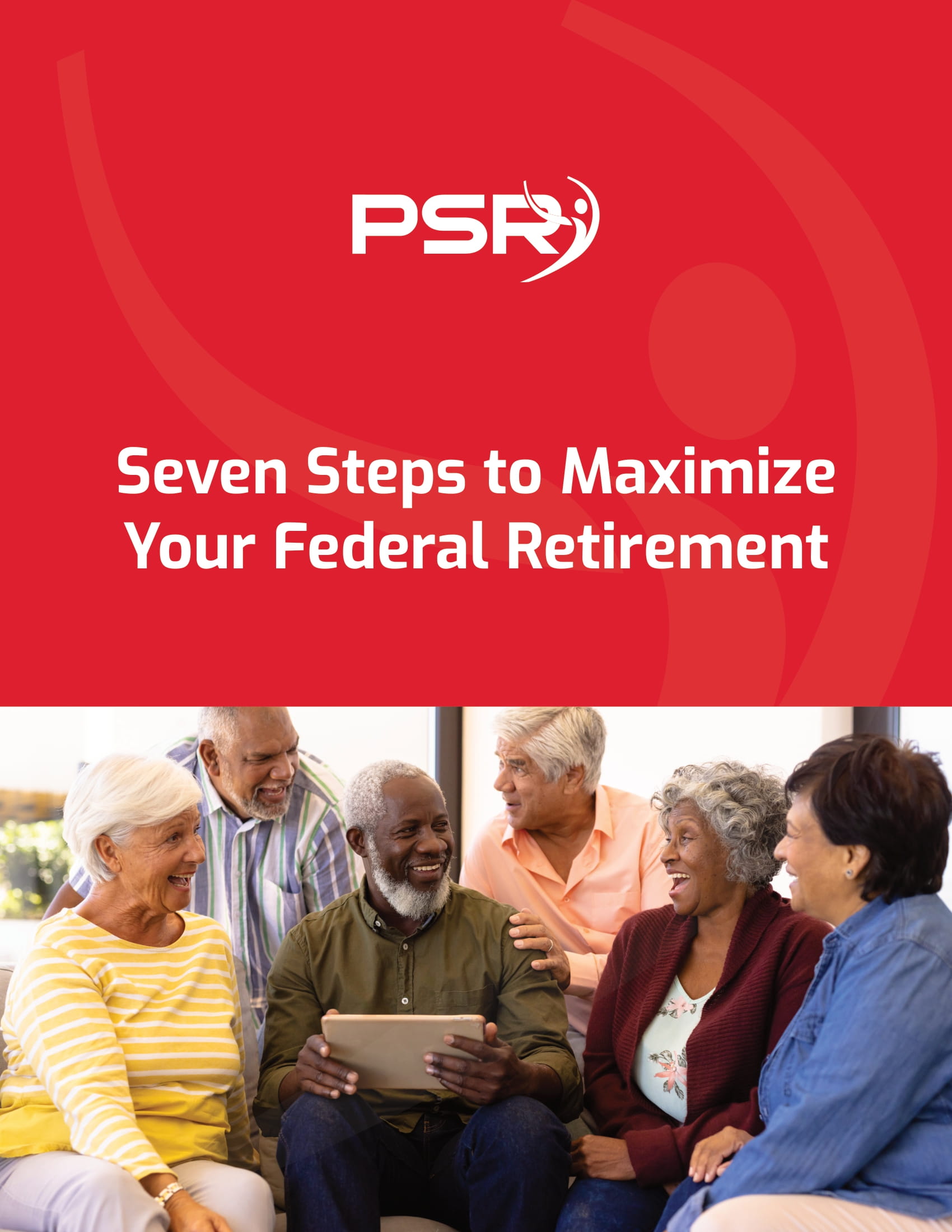It is critical first to understand what Medicare Part C (Medicare Advantage) is and what it provides to individuals who are qualified to enroll. Medicare Advantage plans are managed by commercial insurance companies and provide a broader range of healthcare benefits. For example, prescription drug coverage is included in most plans, and several plans also offer vision, hearing, and dental insurance. In addition, members must use healthcare professionals who are part of their Medicare Advantage plan’s network to reduce out-of-pocket expenses. This is because Medicare Advantage plans are administered in an HMO or PPO model. These professionals include physicians, dentists, pharmacists, and optometrists.
An individual must be enrolled in Medicare Part A and Medicare Part B to enroll in a Medicare Advantage plan. Those who don’t want to buy three different insurance policies for their medical, dental, and vision care needs may find Medicare Advantage plans useful. However, the restriction is that Medicare Advantage subscribers typically cannot use their preferred doctors, dentists, pharmacies, or other health providers. Instead, they must use medical experts in the network of the Medicare Advantage plan.
What is the OEP, and Why Does it Happen Every Year?
The OEP, also known as the Annual Election Period or AEP, occurs every year between October 15 and December 7, with changes made during the OEP taking effect on January 1 of the following year. Medicare beneficiaries can join a Medicare Advantage Plan and alter or disenroll from their Medicare Advantage plans. Also, they can change or disenroll from a separate Medicare Part D prescription drug plan in which they are currently enrolled during the OEP.
The OEP occurs once a year because commercial insurance companies that manage Medicare Part D and Medicare Advantage plans are required to re-file with Medicare every year. As a result, the benefits and premiums connected with an enrollee’s plan (Medicare Advantage, a Medicare Part D prescription drug plan, or both) can and will vary in most years. That is why the Center for Medicare Services (CMS) provides individuals eligible for Medicare with an election period each year. If they are unsatisfied with their existing coverage, this gives them the option to switch plans.
Individuals participating in a Medicare Advantage plan or a Medicare Part D prescription drug insurance plan for 2022 must have received a notice from their program by September 2022. This is known as the Annual Notice of Change. The Annual Notice of Change includes information on whether the plan premium and benefits will change. In addition, the Annual Notice of Change compares the benefits adjustments in the plan from 2022 to 2023, making it easier to compare changes to coverages.
During the 2022 OEP, an individual enrolled in Original Medicare (Medicare Part A and Medicare Part B) can make the following modifications to their health coverage:
-
- Change from Original Medicare (Medicare Parts A and B) to a Medicare Advantage plan. However, they must still be enrolled in Medicare Parts A and B.
- Dropping a Medicare Advantage Plan and continuing in Original Medicare, with or without a Medicare Part D prescription plan
- Switch from one Medicare Advantage Plan to another
- If nothing is done, your current Medicare coverage will automatically renew in 2023.
- Join a new Medicare Advantage plan or a Medicare Part D prescription medication plan.
Whatever modifications are made to Medicare Advantage and Medicare Part D prescription medication programs will take effect on January 1, 2023.
How the OEP Affects Federal Retirees on Original Medicare
The FEHB program has its own Medicare Advantage plans. Therefore, a federal retiree enrolled in Original Medicare considering enrolling in a Medicare Advantage program for 2023 could do so during the 2023 “open season.”
- Federal retirees who are enrolled in an FEHB health plan and Original Medicare and choose to enroll in a commercial Medicare Advantage Plan during the OEP may do so. They must, however, halt their FEHB program coverage during the 2023 “open season.”
- A federal retiree enrolled in an FEHB cannot use their preferred doctors, dentists, or other healthcare providers not in the Medicare Advantage plan’s network.
- A federal retiree spouse will also be enrolled in the Medicare Advantage plan. However, the federal employee must enroll in a Medicare Advantage plan, and their spouse is covered through the FEHB program.
Finally, while selecting a Medicare Advantage Plan outside the FEHB program, a federal retiree should ensure that the plan covers prescription drugs for themself. In addition, if married, their spouse, to ensure that the project meets their prescription medication needs.
Contact Information:
Email: [email protected]
Phone: 6232511574
Bio:
Todd Carmack grew up in Dubuque, Iowa, where he learned the concepts of hard work and the value of a dollar. Todd spent years in Boy Scouts and achieved the honor of Eagle Scout. Todd graduated from Iowa State University, moved to Chicago, spent a few years managing restaurants, and started working in financial services and insurance, helping families prepare for the high cost of college for their children. After spending years in the insurance industry, Todd moved to Arizona and started working with Federal Employees, offing education and options on their benefits. Becoming a Financial Advisor / Fiduciary can help people properly plan for the future. Todd also enjoys cooking and traveling in his free time.
Disclosure:
Investment advisory services are offered through BWM Advisory, LLC (BWM). BWM is registered as an Investment Advisor located in Scottsdale, Arizona, and only conducts business in states where it is properly licensed, notice has been filed, or is excluded from notice filing requirements. This information is not a complete analysis of the topic(s) discussed, is general in nature, and is not personalized investment advice. Nothing in this article is intended to be investment advice. There are risks involved with investing which may include (but are not limited to) market fluctuations and possible loss of principal value. Carefully consider the risks and possible consequences involved prior to making any investment decision. You should consult a professional tax or investment advisor regarding tax and investment implications before taking any investment actions or implementing any investment strategies.











